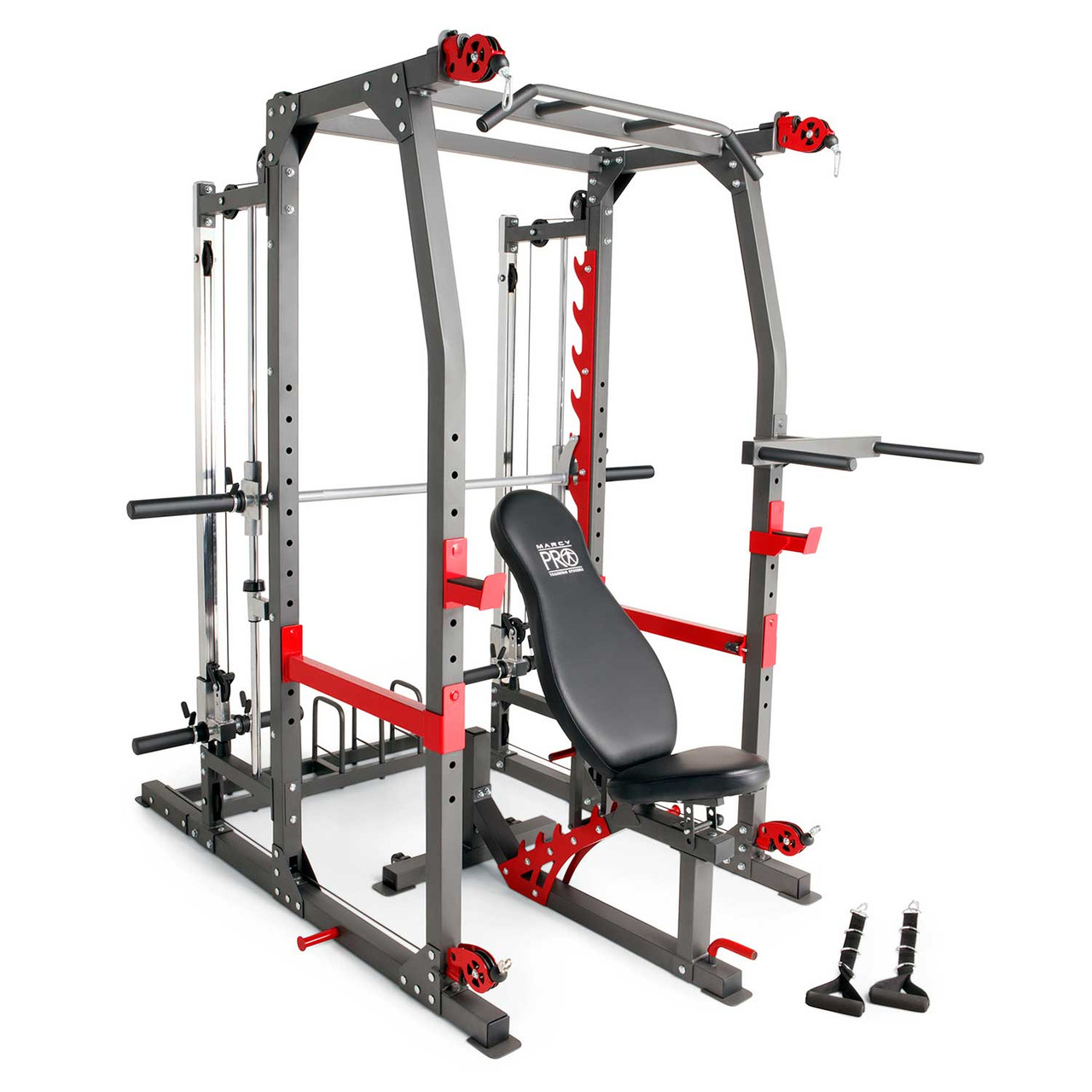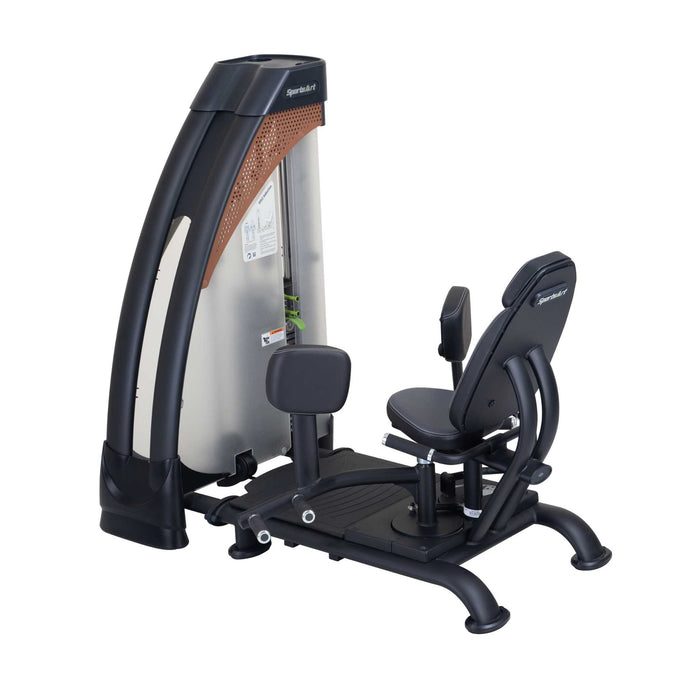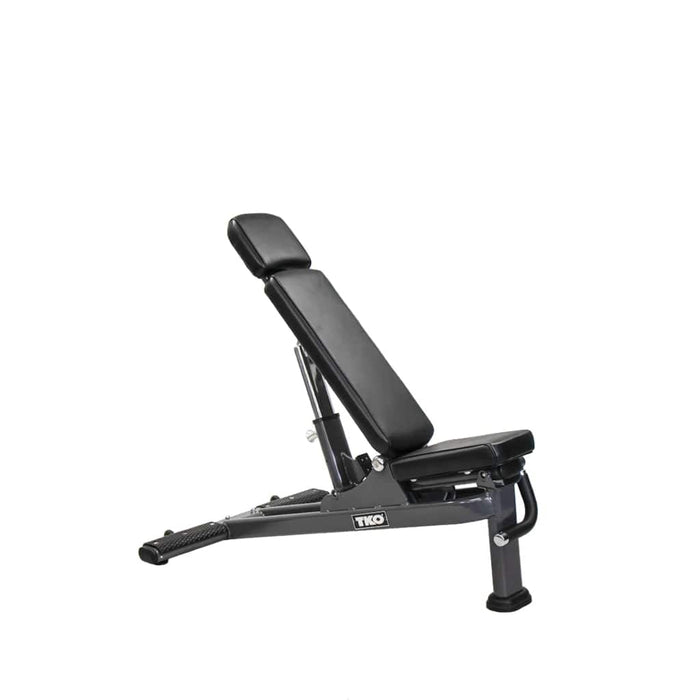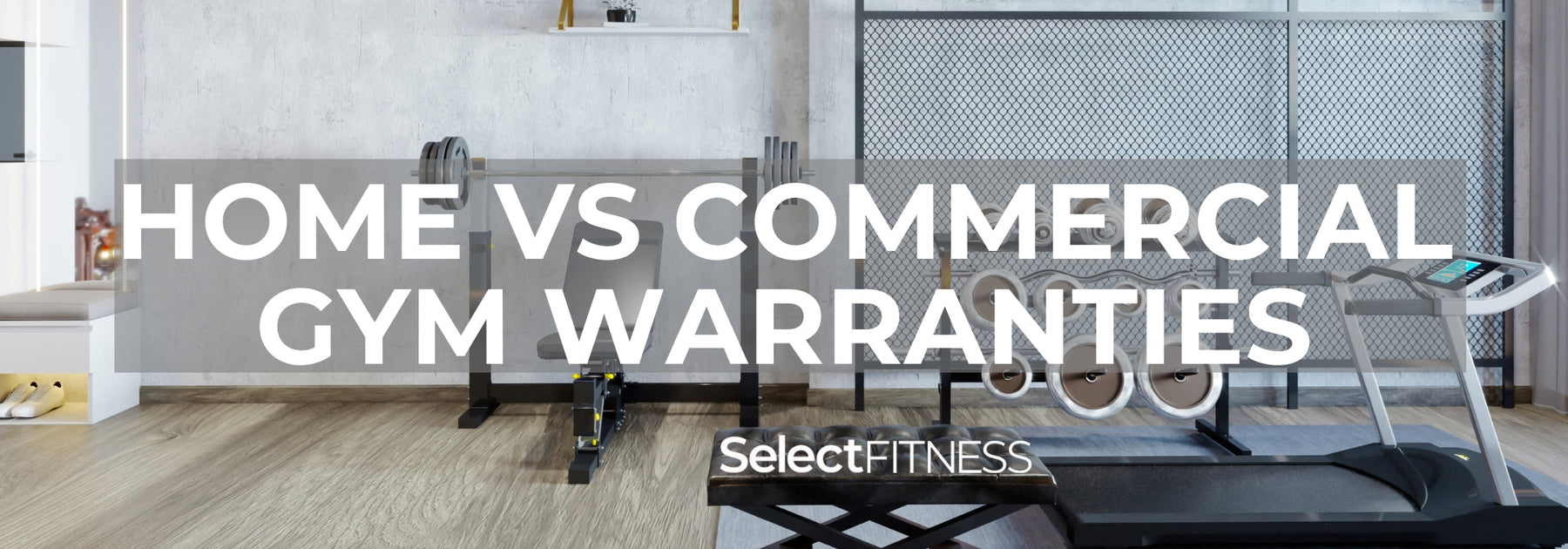Imagine this: You own a personal training studio and need to source equipment for a new location.
The cost of the equipment comes directly from your business account, and it’s going to affect how much you take home for the next few months. This choice matters.
You go with the cheapest stuff you can find online with quick delivery, and at first all seems well. But 2 months in, one of your benches collapses while a trainee was doing a dumbbell press!
You have to buy another bench now, and deal against the trainee's lawyer who's coming after you and your business.
Yikes...
This situation is easily avoidable with some very basic understanding of the difference between home and commercial gym equipment, and the warranty rating that comes with each.
Let’s break down the three main categories of gym equipment ratings based on their warranties—Residential, Light Commercial, and Full Commercial—and help you decide which is right for your setup.
What Defines Each Category?
Residential Equipment
-
Intended for: Single-family homes, personal use only
-
Usage: 2 hours or less per day, a few times a week
-
Warranty: Valid only in residential settings; using it anywhere else voids the warranty
-
Example Locations: Garage gyms, basement gyms, home workout spaces
How Does It Look?

Home gym equipment is designed for light, infrequent use by beginners. If you’re training yourself or your family, it’s perfect.
But the second you put it in a public setting or have multiple people using it daily, the warranty is void, and it’s not built to handle that level of wear and tear.
Related Article: Beginner Gym Equipment Buying Guide
Light Commercial Equipment
-
Intended for: Semi-public spaces with moderate traffic
-
Usage: More frequent than residential, but not constant all day use
-
Warranty: Valid for non-dues-paying facilities also known as amenities
-
Example Locations: Apartment complexes, fire stations, hotels, small corporate gyms
How Does It Look?

Light commercial equipment is a step up in quality and durability. It’s more expensive than residential, but it comes with longer warranties and is built to handle multiple users per day.
This is ideal for places where fitness is an amenity, not a primary business.
Related Article: How To Make Your Equipment Last Forever
Full Commercial Equipment
-
Intended for: High-traffic, dues-paying gyms and training facilities
-
Usage: All-day, every day, by many users
-
Warranty: The most comprehensive, covering heavy usage in commercial settings
-
Example Locations: Public gyms, personal training studios, athletic facilities, recreation centers
How Does It Look?

Commercial-grade equipment is the gold standard. It’s built to withstand brutal use and offers the strongest warranty coverage. While it’s the most expensive, it’s a solid long-term investment for anyone running a gym business.
Related Article: How To Save On Gym Equipment
Warranty vs. Quality – What’s the Difference?
Warranty and quality are closely related, but they’re not the same thing.
-
A warranty is a manufacturer’s way of saying, “We’ll back this product in certain conditions.” It’s a guide for proper use and tells you where and how the product is covered.
-
Quality refers to the build—the materials, engineering, and durability. A longer warranty usually indicates better quality, but there are exceptions.

⬆️ Commercial Bench ⬆️
⬇️ Home Gym Bench ⬇️

For example:
-
Some equipment is commercially rated but not the highest quality on the market. Its not intended to be. It's likely made for light commercial use, like an office gym.
-
Other equipment might have incredible quality but a limited warranty. This is usually because the product sells itself on durability but still offers minimal backup “just in case.”
Practical Use Cases
Let’s make this more real. Here’s where each type of equipment belongs:
Residential Equipment: Great for home use, bad for public spaces. You’ll void the warranty if you put it in a commercial setting.
Light Commercial Equipment: Perfect for apartment complexes, police stations, hotels, or low traffic environments. It’s a step up in durability but not built for heavy gym traffic.
Full Commercial Equipment: This is what you want for a public gym, personal training studio, or anywhere with consistent daily usage. It’s heavier, more stable, and more expensive, but it lasts.
Pro Tip: If you’re running a business, commercial equipment will pay for itself in longevity and fewer breakdowns.
How to Choose the Right Equipment
Ask yourself these key questions:
-
How many people will use this equipment?
-
How frequently will it be used?
-
What’s the experience level of the users?
-
What’s the risk of damage or liability in this setting?
If you’re on a budget, avoid low-quality products with short warranties. They won’t withstand heavy use, and when something breaks, you’ll have no backup.
Related Article: Gym Equipment Essentials For Every Type Of Gym
Conclusion: The Right Balance
A warranty isn’t a rule—it’s a strong suggestion about who and where a product should be used. Use it as a guide to help you find equipment that fits your needs.
If you need help choosing the right equipment, our team is here to guide you through the process. Chat with us, email info@selectfitnessusa.com, or call 888-995-4450. We’d love to help you find the perfect setup.












